Chile (San Javier)
Let us transport you to central Chile to a small farm tucked way in the coastal hills. This is a story of a family-run farming ecosystem committed to the future of people, the earth and wine.
Fundo Meza farm is based in the heart of Chile’s Maule Valley; the home of vineyards, blueberry farms, dairies, apiaries, pine forests and olive groves. Within the area of spectacular beauty and tranquility, Abby Rose and her family are growing products, tools and experiences that embody the smaller-scale farming movement – demonstrating the true beauty of farming in the digital age.
“We endeavour to listen, learn and work with nature in a way that allows natural life cycles to flourish”– Abby Rose
They have called the ecosystem Vidacycle (‘life cycle’ in Spanglish), because their love for the land has taught them the importance of regenerative farming.
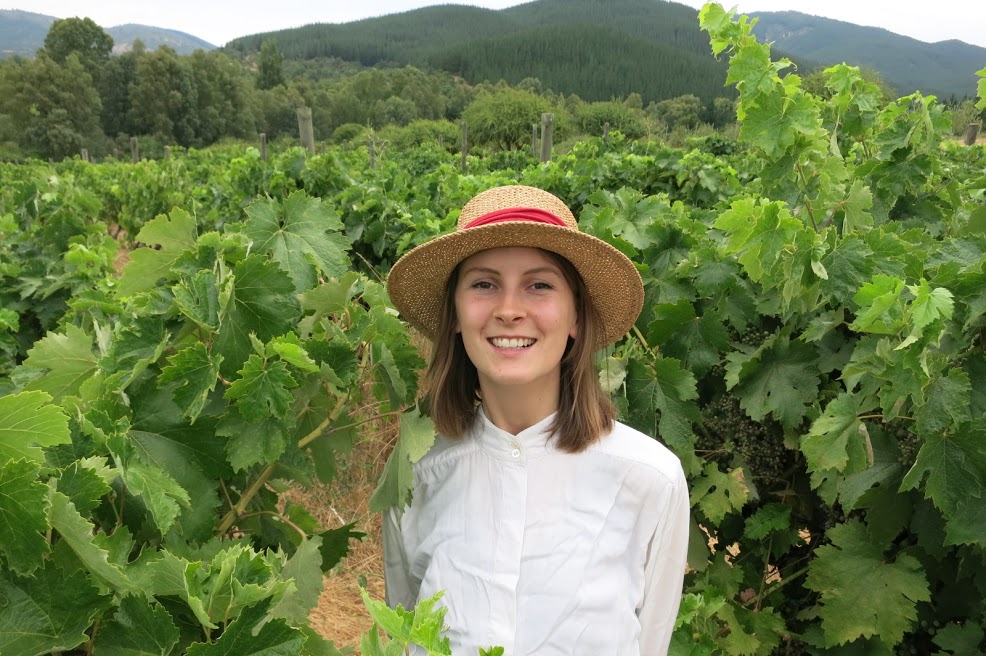
Abby started farming in Chile over ten years ago
Honouring life cycles underpins everything they do, starting with the family farm, where they make natural wine and verjuice (a lemon juice-type drink made out of pre-ripe grapes). The focus is on building soil health on the land, using mob grazing of sheep and encouraging native trees and forests.
As well as producing their own raw, homegrown quality products that go beyond organic, the family support their fellow farmers by building connections and sharing their journey with nature with local and global communities.
The family planted their first baby olive trees in 2008 and have since worked with the land to slowly and steadily grow to over 8,000. There is a simple philosophy: “we do not add anything synthetic and work with the life of each tree. It takes time, but we learn more from each tree year upon year.”
Californian farm manager Tom had started his working life as a furniture maker and carpenter, and has since built over 15 passive solar houses, and spent 20 years running a textile design software company with his partner Christiane. An experienced grower, his younger daughter Joy is systems director for the farm and his eldest, Abby, is tech director.
Inspired by challenges along the way (like frost), as well as the observation of the cumbersome ways in which many farmers record vital information about their farms, Abby set out to create more simple solutions. As the coder of the family, the soil-obsessed physicist-farmer, who has since been selected by The Observer newspaper and Nesta as one of 2018’s New Radicals, set up Vidacycle Tech to build software, tools and apps for smaller scale farmers around the world to ensure they can be more sustainable and resilient in the digital age.
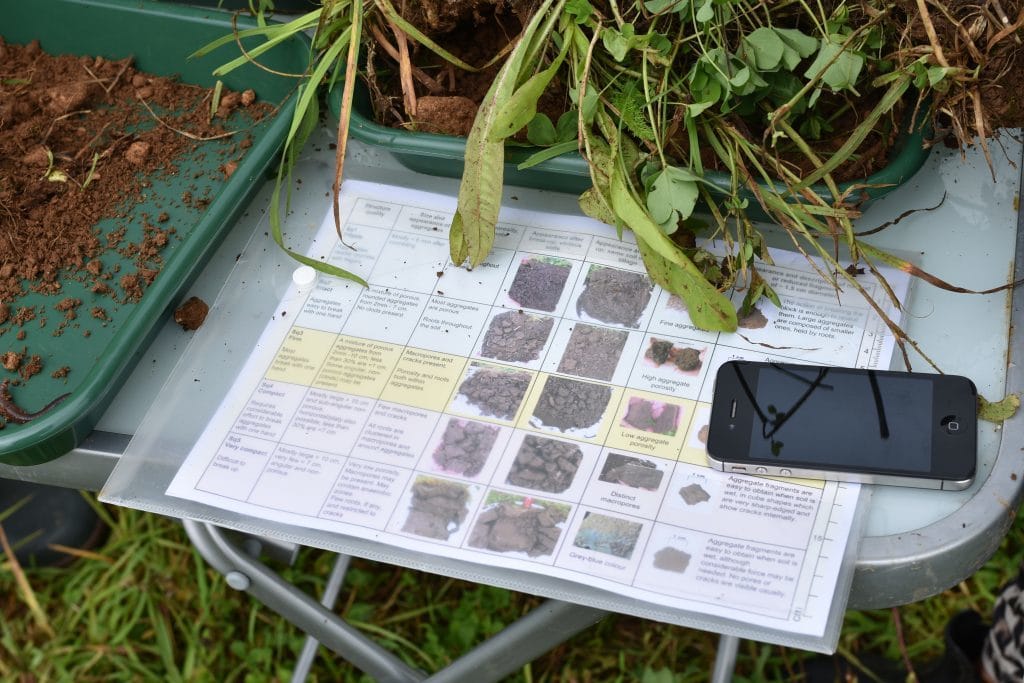
Sectormentor helps farmers understand the trees, vines and soils on their farm and learn from their observations in an app, not a soggy notebook. Abby explains: “The workers can use it out in the field to record the condition of the trees, frost damage, pruning, anything of importance – the key was that it was easy.” Vidacycle has just started working with a number of vineyards in Oregon who are all using the Sectormentor for Vines app to support them building a regenerative farm-vineyard.
“I am very excited to be working with such inspiring viticulturalists who are redefining a traditional monoculture industry, asking questions about soil health and diversity and how can they play their part in the bigger picture of building regenerative landscapes,” Abby tells us. “To start with this means we are helping make it easier to record observations about their vines as well as the health of their soil as they experiment with different techniques and ideas.”
The Soilmentor software helps you learn what healthy soils and flourishing biodiversity look like on your farm; to understand changes on your land above and below ground, to make informed decisions and keep everyone in the loop. In 2020, Abby started working with regenerative soil educator Nicole Masters and the biological education specialists Integrity Soils team, who now use Soilmentor to support their work supporting farmers in the US, New Zealand and Australia to transition to more regenerative practices.
Meanwhile, Workmentor helps to keep track of everyone working in the fields, bringing transparency to worker management. The data is key for traceability, pay and estimating workload.
In 2019, Abby visited a farmer in Chile called Gloria, who grows blueberries and asparagus, as well as having some cattle. It’s a small operation and she is innovative in her practice using different mulching techniques, making good compost, and leaving many plants to grow within the blueberries to increase diversity. She also has a very positive relationship with all her workers.
“I have never seen anything quite like it. They have been using our software Workmentor for two years now, which has made her whole operation run smoothly, bringing further transparency to what happens in the field and greatly reducing the time spent on admin. I left her farm filled with hope for our future. Gloria runs her farm in a very inclusive and regenerative manner, it is beautiful, ecological and profitable and she is producing good quality, nourishing food.”
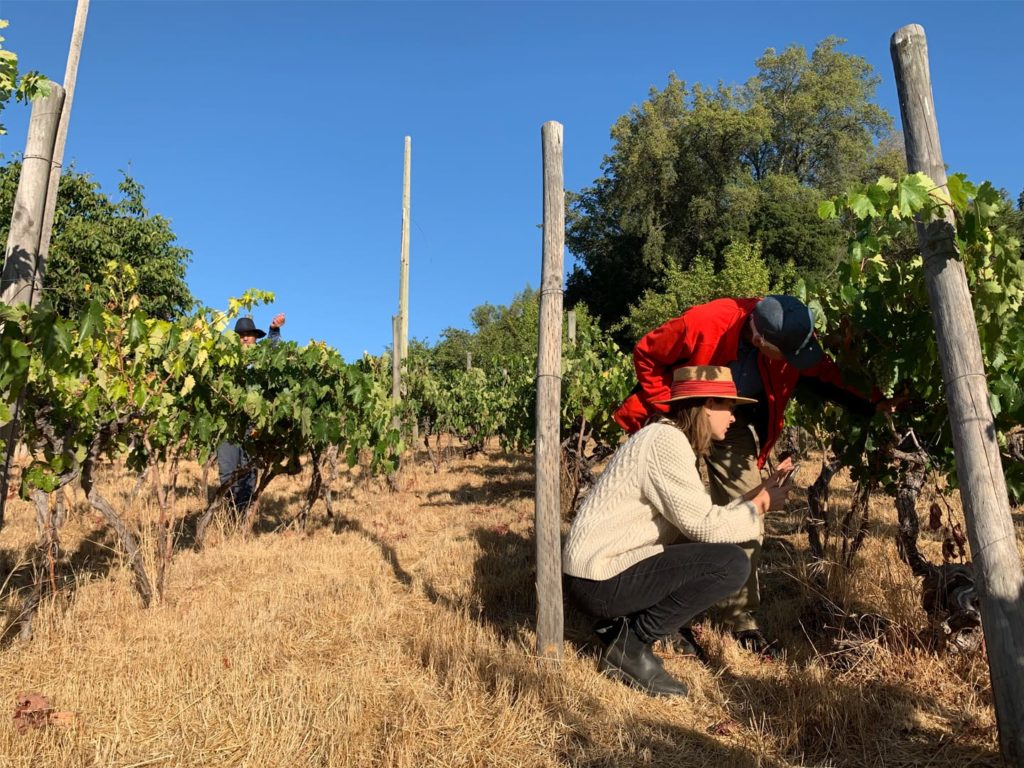
So that small scale farmers like Gloria can learn more about best practices, Abby also makes a monthly podcast, Farmerama, which covers farming projects in the UK and beyond. Many of the day-to-day decisions on a farm affect us all more than we realise.
“A farmer decides to plant a stand of trees, and that can help prevent flooding in a nearby town,” she tells us. “Or a farmer decides to graze their animals differently which helps build soil health and reduce runoff into nearby streams, or even helps sequester carbon.” As a strong believer in business being a force for social good, Abby believes that farmers are some of the key decision makers in terms of how humanity interacts with the natural world.
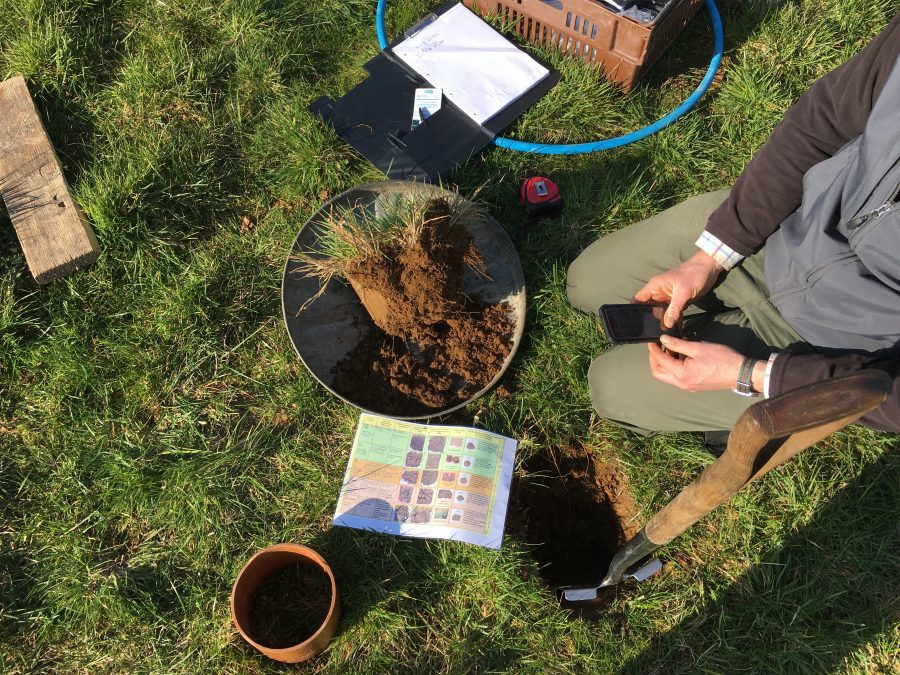
Over the last decade, the Vidacycle family have experienced earthquakes and forest fires that have dramatically changed the landscape. The farm suffered a devastating inferno in 2017 that destroyed almost all of the olive trees. “Eight years of care, planting, replanting, nurturing, picking off bugs by hand, watering, observing… all singed in a matter of minutes.”
They have a five year plan for the regeneration and greening of the farm, working with the land in its natural state to create a flourishing farm. “We aim to work with all parts of the ecosystem to increase biodiversity on the land. While we initially drew influence from ‘conventional’ organic farming, we have expanded our thinking toward permaculture practices, natural agriculture, solar energy and more.”
Abby thinks that the most important aspect of the pandemic is that it has forced people to work very differently: “For many people, it has shown them many things are possible that they always would have thought impossible before. It has also been great to see how many people have started to think differently about food, realising it doesn’t just come from supermarkets.”
It fills Abby with joy that Vidacycle Tech will be leaving a legacy of deep beauty – beautifully diverse regenerative farms around the world. “I can’t tell you how amazing it is to visit other inspiring farmers who are using our software and have them tell us what a difference it has made to their operation.”
Next she is focused on the discovery of what a feminine land ethic looks like. “For me, in concept, a feminine land ethic is about interacting with the earth as a friend and co-evolver rather than holding dominion over her. Together, we can inspire a better future for people and earth.
AtlasAction ►Soil-obsessed physicist-farmer Abby was a speaker at Fixing the future 2019 in Barcelona. Listen to Farmerama to hear the stories of the farmers behind the food system and what it means to farm regeneratively – and join the community of farmers and growers here.
Project leader
Abby Rose, Co-founder, Vidacycle
Support the Atlas
We want the Atlas of the Future media platform and our event to be available to everybody, everywhere for free – always. Fancy helping us spread stories of hope and optimism to create a better tomorrow? For those able, we'd be grateful for any donation.
- Please support the Atlas here
- Thank you!
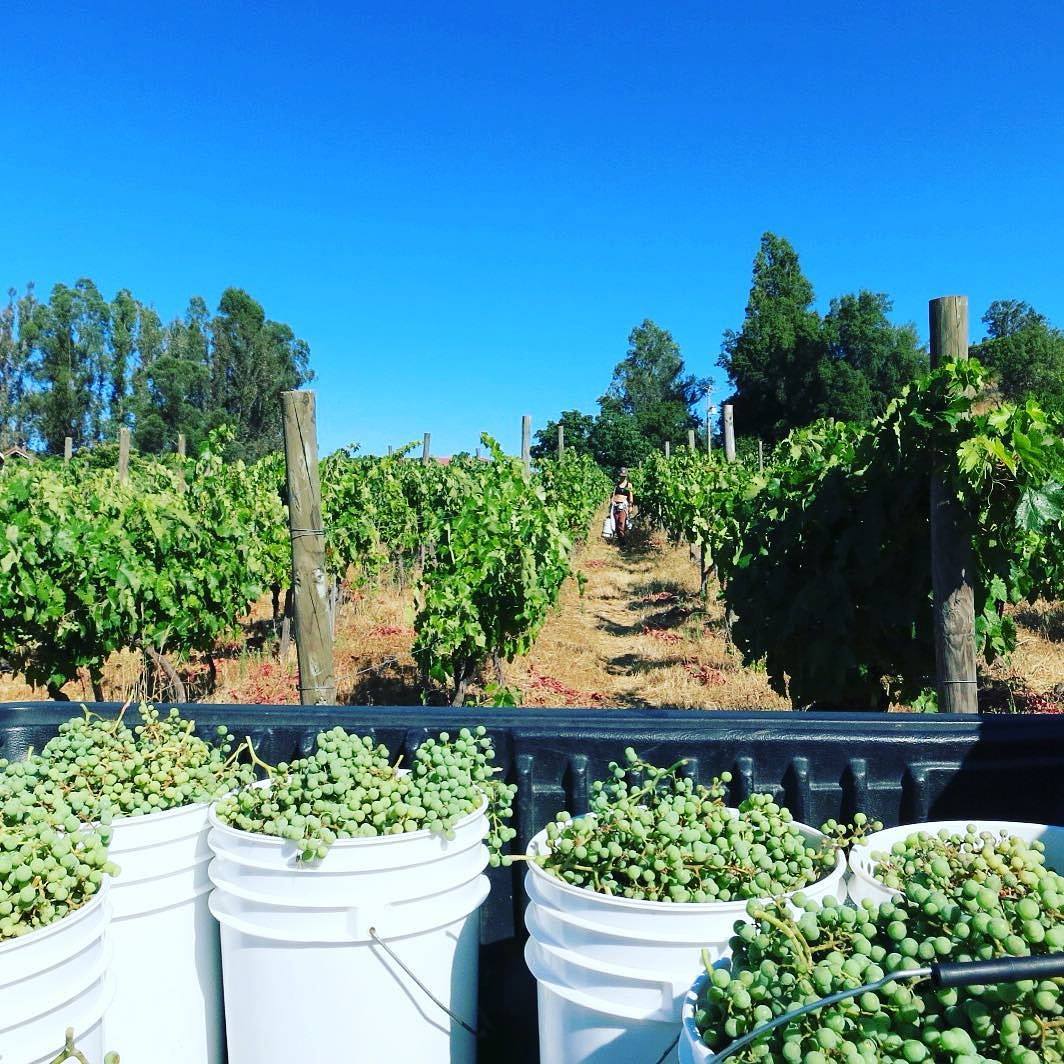
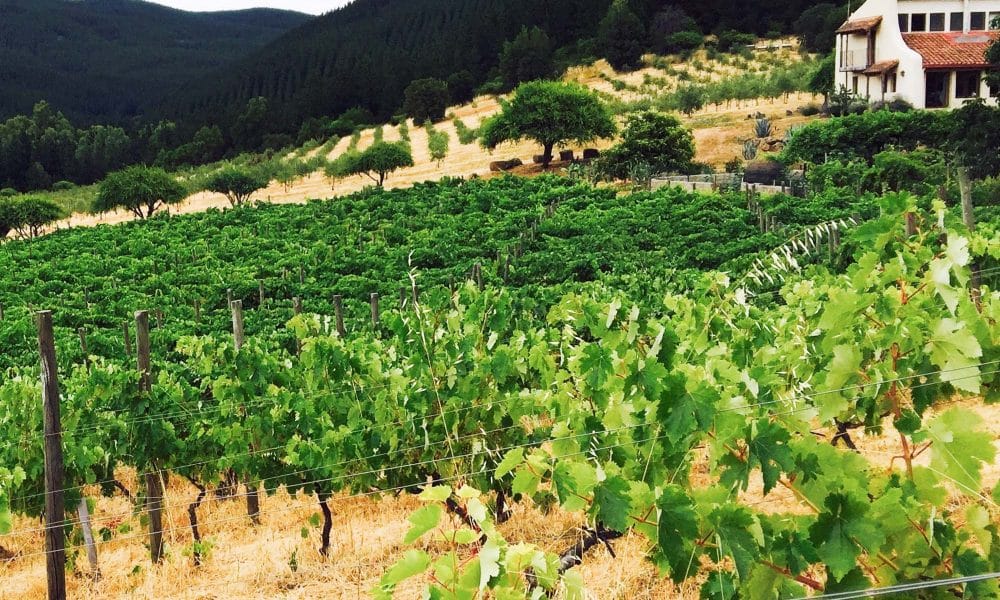
Fundo Meza

